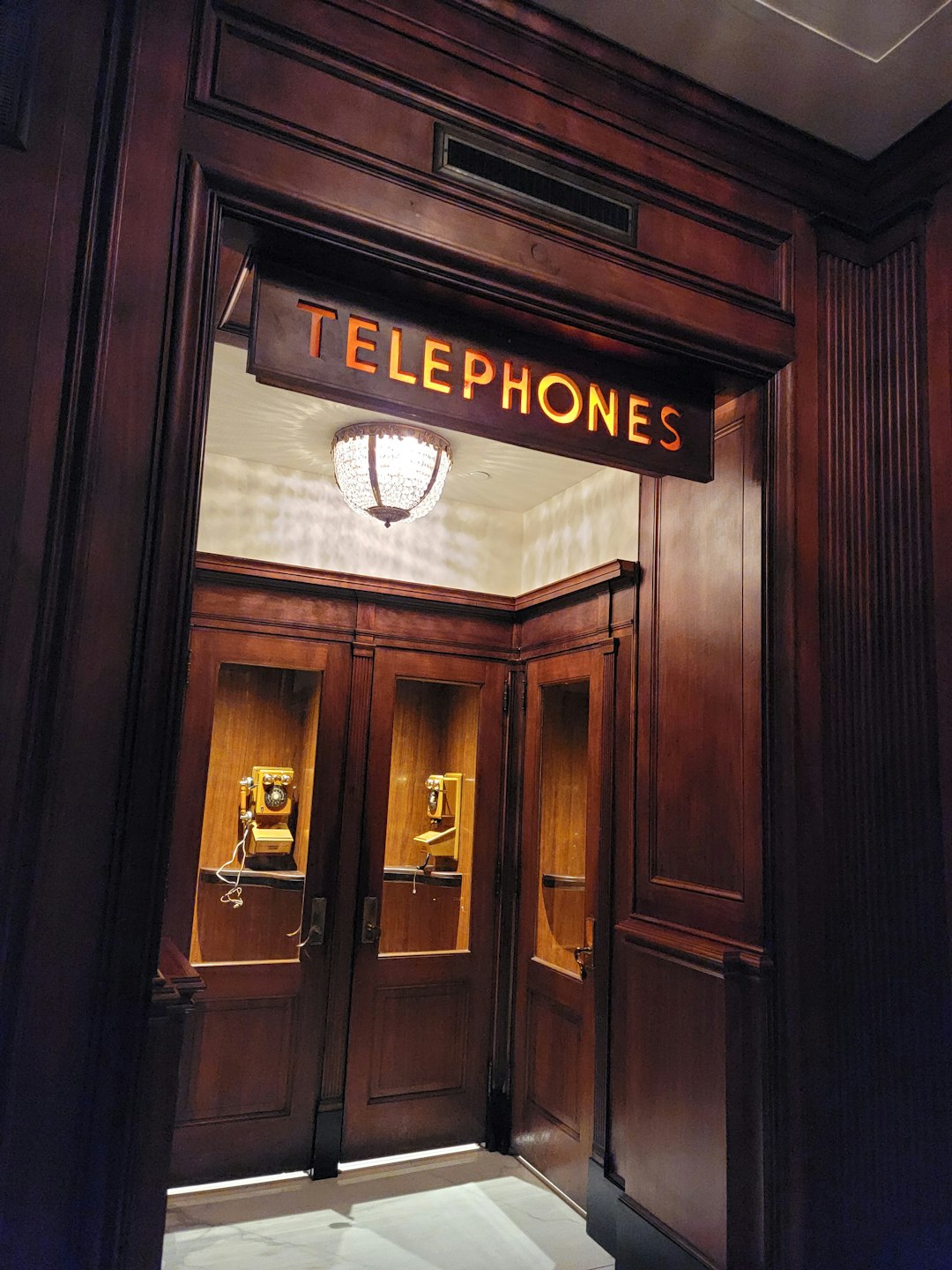Massachusetts' strict Do Not Call Laws protect residents from telemarketing scams by enforcing regulations on businesses, allowing individuals to register their numbers for blocking unwanted calls. To prevent fraud, never share sensitive data unless initiated by you, and verify unexpected calls. Proactive measures like registering for the National Do Not Call Registry and checking caller legitimacy through official databases are crucial. Documenting suspicious calls, listing them on the state's Do Not Call List, and reporting to FTC and Massachusetts Attorney General's Office aids in combating fraudsters while upholding your rights.
In Massachusetts, understanding and adhering to strict Do Not Call laws is crucial for residents aiming to protect themselves from telemarketing fraud. This comprehensive guide equips Massachusettens with essential tools to navigate phone scams, ensuring their personal information remains secure. By recognizing common tactics, verifying call legitimacy, and knowing their rights under state regulations, citizens can confidently navigate the ever-evolving landscape of telemarketing, avoiding fraudulent practices and safeguarding their privacy.
Understanding Do Not Call Laws in Massachusetts

In Massachusetts, Do Not Call laws are in place to protect residents from unwanted telemarketing calls. The state has implemented strict regulations that businesses and telephone marketers must adhere to. These laws give residents the right to register their phone numbers on the Massachusetts Do Not Call List, effectively blocking calls from registered telemarketers. Understanding and knowing your rights under these laws is a crucial step in protecting yourself from potential fraud.
When making or receiving calls, it’s essential to be aware of the restrictions. Marketers must obtain prior consent before calling residential phone numbers and have a valid business purpose. Residents can register their numbers online or through the mail, and once registered, they should stop receiving marketing calls within 30 days. This simple step can significantly reduce the risk of falling victim to telemarketing scams.
Identifying Common Telemarketing Scams

In the age of relentless calls from unknown numbers, Massachusetts residents need to be vigilant against telemarketing scams. One common tactic is the imposter call, where fraudsters pose as government representatives or tech support staff to gain personal information. They often threaten closure of services or claim a problem with your device to create a sense of urgency. Another popular scam involves pretending to offer free gifts or prizes, tricking victims into sharing financial details.
Massachusetts’ Do Not Call Laws provide some protection, but awareness remains crucial. Never disclose sensitive data unless you’ve initiated the contact and are sure of the caller’s identity. Verify any unexpected calls by reaching out to the company through official channels. Remember, legitimate organizations won’t pressure you into making immediate decisions or demand payment in odd ways.
Protecting Your Personal Information

In Massachusetts, protecting your personal information is a crucial step in safeguarding against telemarketing fraud. The state has implemented Do Not Call Laws to help residents manage unwanted calls, but it’s equally important to be vigilant. Be cautious when sharing your details, especially over the phone or online. Never provide sensitive data such as social security numbers, bank accounts, or credit card information unless you initiate the call and are certain of the recipient’s identity.
Massachusetts residents can also register for the National Do Not Call Registry, which restricts most telemarketing calls. Remember, legitimate businesses will respect your opt-out requests, so be assertive in protecting your privacy. By being proactive and staying informed about your rights, you can significantly reduce the risk of falling victim to telemarketing scams.
Verifying the Legitimacy of Calls and Companies

In the face of escalating telemarketing fraud, Massachusetts residents need to be vigilant and proactive in protecting themselves. One of the first lines of defense is verifying the legitimacy of incoming calls and the companies behind them. Before providing any personal or financial information, it’s crucial to confirm if the call is genuine. Check if the caller’s number is listed in official databases and match it with known legitimate businesses. The Do Not Call Laws in Massachusetts offer some protection, but staying informed and cautious remains paramount.
Researching the company name and contacting them directly through verified channels—such as their official website or a trusted third-party source—is an effective way to substantiate their claims. Many fraudulent calls masquerade as legitimate organizations, so taking the time to verify can prevent serious financial losses and protect personal data security.
What to Do If You Suspect Fraud or Violations of Do Not Call Rules

If you suspect that a telemarketing call is fraudulent or violates Massachusetts’ Do Not Call Laws, there are several steps you can take. First, document the incident by noting the caller’s details – phone number, company name (if known), and any identifying information shared during the call. Next, register your number on the Massachusetts Do Not Call List if you haven’t already. This official list helps filter out unwanted calls from legitimate sources while ensuring that fraudulent callers are blocked.
Additionally, report the suspicious activity to the Federal Trade Commission (FTC) through their Do Not Call Registry or to the Massachusetts Attorney General’s Office. Provide as much detail as possible about the incident, including timestamps and any relevant communications. These reports aid in tracking down fraudsters and can help protect other residents from similar scams.






